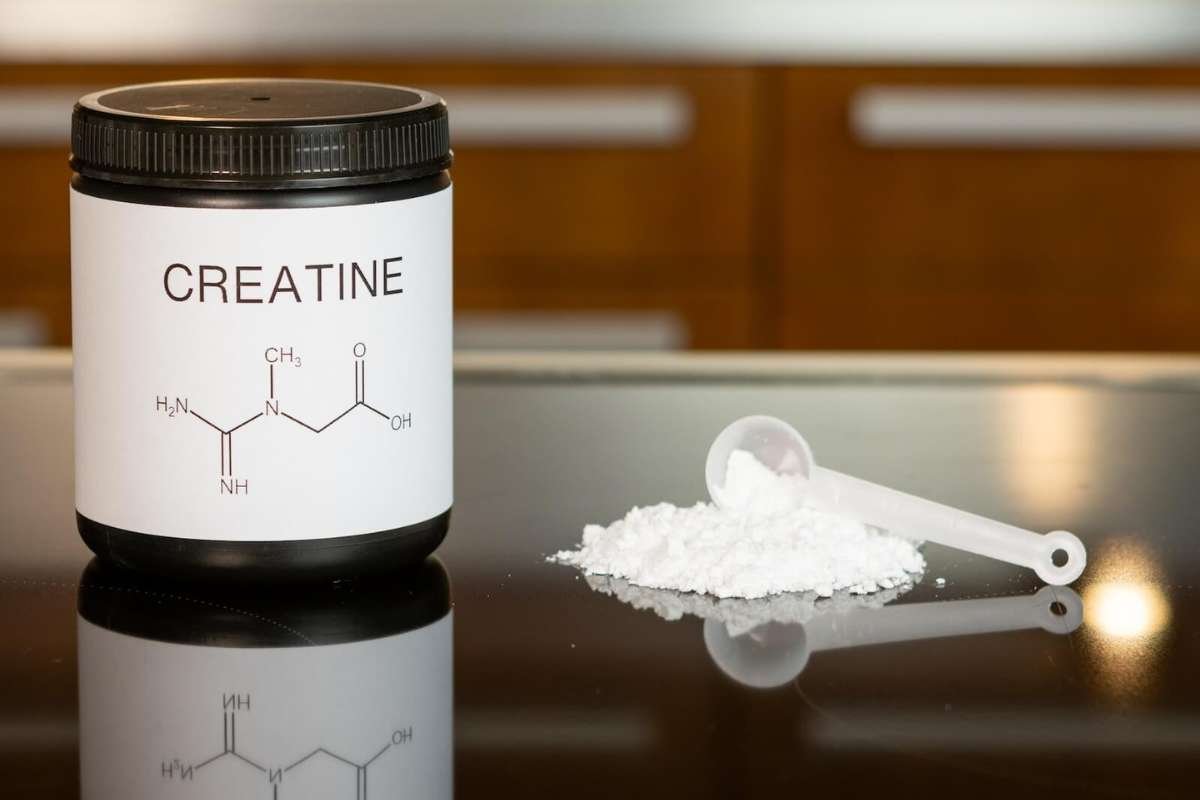Creatine as a Cognitive Booster
Creatine, a supplement commonly associated with muscle-building, may have a surprising new application—helping the brain function under sleep-deprived conditions. A recent study suggests that a high dose of creatine can improve cognitive performance and stabilize brain energy levels even after prolonged wakefulness. This discovery challenges previous assumptions that creatine only works when taken consistently over an extended period.
The research, led by neuroscientist Ali Gordji-Nejad from Forschungszentrum Jülich in Germany, explored whether a single high dose of creatine could counteract the negative effects of sleep deprivation. The study involved 15 healthy participants who were kept awake for 21 hours while undergoing cognitive assessments and brain scans. Results indicated that creatine helped maintain mental sharpness, suggesting its potential as a tool for individuals who need to stay alert despite lack of sleep.
Sleep Deprivation and the Brain’s Energy Demands
Sleep deprivation is a widespread issue affecting students, medical professionals, and night-shift workers. Its consequences include impaired memory, reduced reaction times, and an increased likelihood of accidents. The core issue lies in the brain’s energy consumption—neurons rely heavily on adenosine triphosphate (ATP) to function, and sleep plays a crucial role in replenishing these energy stores. Without rest, the brain struggles to sustain its activity.
Creatine, a naturally occurring molecule in muscle and brain cells, is vital for energy production. It supports the regeneration of ATP, ensuring a continuous energy supply. However, previous research has suggested that increasing creatine levels in the brain requires weeks of supplementation. This study challenges that notion by demonstrating that a single high dose can provide immediate cognitive benefits, particularly under sleep-deprived conditions.
During the experiment, participants received either a placebo or a high dose of creatine—0.35 grams per kilogram of body weight, equivalent to approximately 25 grams for an average adult. The effects of creatine peaked four hours after ingestion and lasted up to nine hours. Cognitive tests showed improvements in memory, problem-solving, and reaction time among those who took creatine, while brain scans confirmed that it helped stabilize phosphocreatine levels, preventing a drop in energy availability.
Potential and Limitations of Creatine for Mental Performance
The study adds to a growing body of research suggesting that creatine may have cognitive benefits beyond muscle enhancement. Previous studies have explored its potential in treating neurodegenerative diseases such as Parkinson’s and Huntington’s. The current findings indicate that creatine might also provide short-term cognitive support for individuals facing sleep deprivation.
However, researchers caution that more studies are needed before creatine can be widely recommended as a solution for sleep deprivation. The sample size of the study was small, and the long-term effects remain unknown. While creatine is generally considered safe for most healthy individuals, potential side effects such as mild bloating and dehydration should be taken into account.
Despite its promising effects, creatine cannot replace the benefits of proper sleep. Experts emphasize that prioritizing rest remains the best approach to maintaining cognitive health. However, for situations where sleep is limited, creatine could offer a temporary cognitive boost, making it a potentially valuable tool for those in demanding, high-stress environments.







